Luhyas don’t just dream. We see in our sleep. In fact, in most Luhya dialects, the Luhya word for dream will stem from words that mean ‘to see’. For instance, among our Bukusu brothers the word for dreams is kamaroro, meaning visions or sightings. This is because in Luhya culture, dreams are a medium by which the world of ancestors communicates with the living. Further, in keeping with mysticism associated with dreams, among the people of mulembe, dreams have horoscopic value as well. Therefore, when we try to find meaning in the strange happenings of the world of dreams, we do so in the hope that we will be able to understand and explain life as it happens. As such, a common theme in Luhya interpretation of dreams is actively seeking for clues of what is going to befall or is currently ongoing in a family or clan.
Subscribe to Mulembe Weekly
Get culture, language, stories and discussions in your inbox every Friday 5 PM East Africa Time
Today, we become dream interpreters, revealing myths and legends that come to us in our slumber. Be warned though, you shouldn’t go about telling any Naliaka, Muhonja or Barasa your dreams. For you might end up, as we would say as young lads, ‘chasing the bird away with your loud mouth’. As dream interpretation the Luhya way is a lost art, some folks may not take it too kindly. Kindly, note that this article’s take on Luhya interpretation of dreams is limited to those that occur to us during sleep. By saying this, you might wonder what other dreams are there? Some context before we head on interpreting 12 common dreams using the lens of Luhya culture.
The different types of dreams in Luhya culture
Visualizations during siestas or power naps during the day won’t feature in this article. Moreover, as is the case with modern ways of deciphering dreams, we will dismiss them as a result of thoughts that have been preoccupying your mind. However, to deal with this other types of dreams we have the the interesting world of the different types of dreams among the Bukusu. Further, we we sill be looking into what it means among the Luhya when you dream of someone. Remember to subscribe so as not to miss out on future discussions on dreams in Luhya culture.
Meaning of 12 common dreams according to Luhya culture
According to Luhya culture, what does it mean when you:
- Dream of eating meat or having lots of money?
- Dream of a dead person?
- Have a dream involving a snake?
- Dream of eating termites?
- Dream of a snake biting you, a naked dead person or dressing chicken in preparation of a meal?
- Are naked in your dream?
- Try to run as fast as you can in your dream, but can’t seem to move at all or fast enough?
- Are chased by a huge buffalo or bull?
- Have a dream involving sweet things, good times or weak animals?
- Dream of taking a birth?

Luhya interpretation of dreams involving eating meat or having lots of money
However much you hate it when you wake up from such a dream, it turns out it’s a good thing to. Because this dream means that the grim ripper stalks your kith, kin or a close friend. Like the sighting of an owl during the day, this dream is cast away (Riswa!). More so when there is someone who is critically ill within the family.
So don’t go around happily telling people that you dreamt of so many silvers. Or naively demanding respect as your dreams told you that your life is about to become instagrammable; following a dream of living the good life banqueting on pork roast and cuts of all kinds.
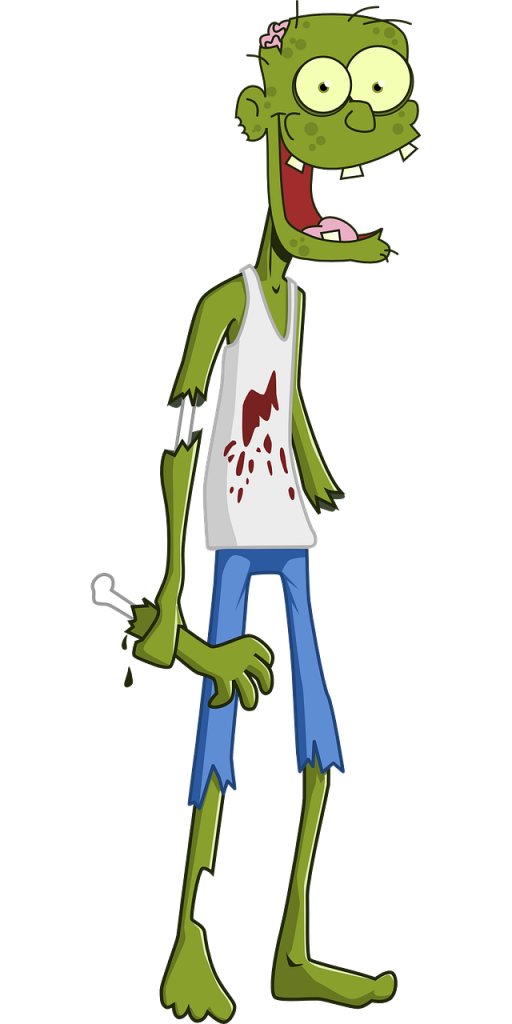
When you dream of a dead person
For many, this is the stuff of nightmares, but for luhyas this means that you probably need to watch your food intake. It simply means that you overfeed on the night. If such a dream happens during the period of mourning, we people of mulembe interpret it as the departed being unhappy.
Possibly the family has failed to honor the departed soul with death rituals befitting of their status. Maybe, an unfaithful spouse has ignored honoring Luhya myths on infidelity. It could also be that the deceased died an unnatural death and the people are unaware. By haunting either the one responsible, or one who can solve the mystery of their death, they help solve their own deaths.

When you dream of a snake
Whenever I bring this up at the Namukongo’s traditional distillery whilst sampling her sour millet product, it often lively ups the conversation. I put it forward that under different circumstances, the African would have invented the train. This argument is based purely on the prevalence of visualizations – either dreams or prophesies – in African folklore where trains appear as snakes. In the Luyha interpretation of dreams, a snake means a long journey is on the horizon.
It could also mean that an evil eye is after you seeking to cause harm through witchcraft, ‘bad eyes’, or ‘throwing bones at you’. This is the case too if you dream of a swarm of bees. Therefore, if you recently had such a dream, you’d better seek the services of the kumwimbwi tree.
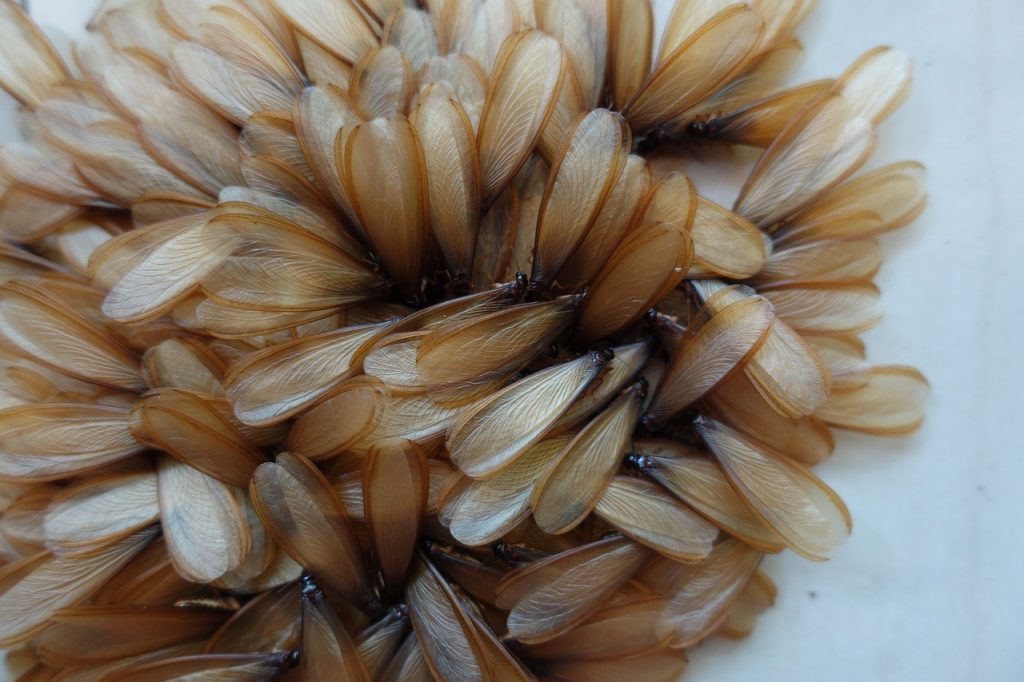
Luhya interpretation of dreams where you eat termites
Usually, the sighting of termites is an occasion for celebration as its Wele’s abundance to provide us with food. We people of mulembe are hip like that – way before it became fashionably sustainable and responsible to feed on insects, we were rolling like that. Anyway, if you recently tasted that delightful creamy, earthy flavor of termites popping in your mouth as you sleep, it’s a bad omen. It means a family member is about to get seriously ill.

Dreams about your health: A sample of dreams that speak to your health according to Luhya culture
Oh, yes! If you dream of a snake biting you, you’ll get sick. And if in your sleep you defenselessly got a proper hiding from a weak person, someone who you’d normally thrash to pulp, better head to the doctor’s for a checkup. Same case if you have a dream where you drown in water.
Please also, if you can, don’t dream of a naked dead person as this means that the indignity of disease stalks you. Neither should you have a dream where you dress a chicken in preparation of a sumptuous meal of engokho. Such a dream indicates a disease process coming your way that will require you being operated on.

Luhya interpretation of dreams involving nakedness
We talk not of the variety that haunts teenage boys but one where in the twisted world of dreams, you find yourself naked when and where you shouldn’t. Such a case might be you are walking in the streets naked. It means you are about the experience an embarrassing loss such as getting conned off a valuable.
Furthermore, this dream could mean that your life is about to turn into a nightmare of desolateness and debilitating poverty. Worse, your closet of bones may about to be broken into and your secrets laid bare to the world.

When you try to run in your dream, but can’t ran fast enough, what does it mean?
This frustrating experience is common in many nightmares. You furiously kick your legs, but are hardly moving. What is the meaning of this dream in Luhya culture? My Bukusu source simply answered this way when I asked him about this dream. He said: “Aba okonile nofumbile bikele.”
Meaning, when you have such a dream, its because at that point in your sleep, your legs were uncomfortably folded. Therefore according to my source, this feeling is more a representation of your physical state as you sleep – your legs are uncomfortable for some reason such as a blanket too heavy.
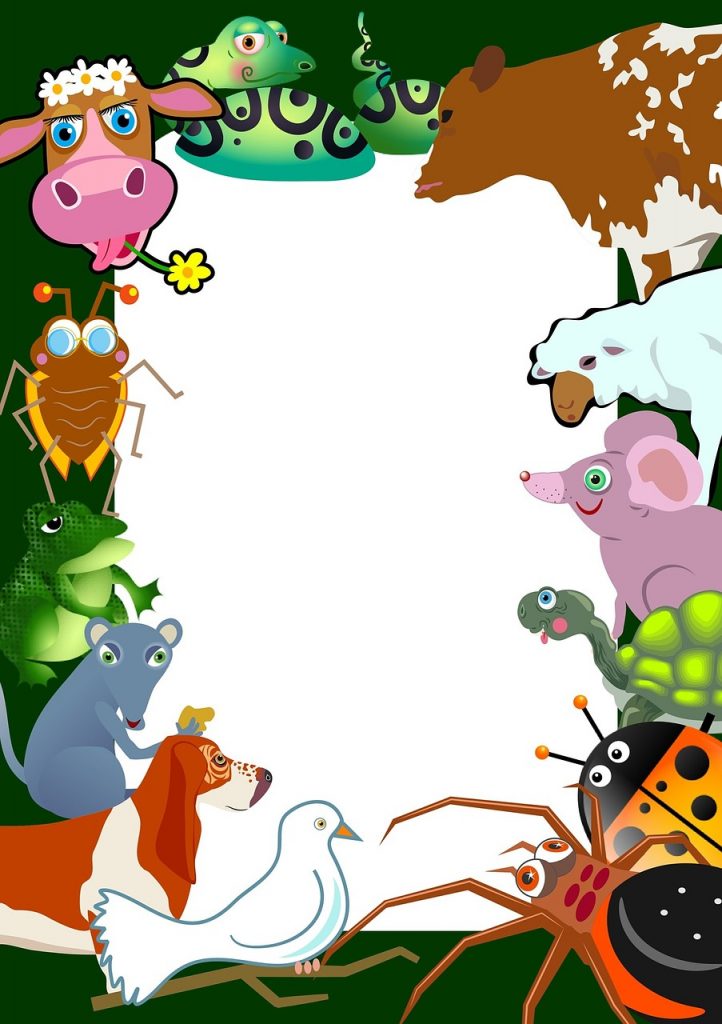
But if you dream that you are being chased by a humongous scary buffalo (some say a big bad black bull), what does it mean?
Well, it means that your musambwa is after you. What musambwa means is a tall order for this article. For brevity, let’s just put term it plainly as: the ways of your forefathers. An example would be a reluctant mukhebi born in a line of traditional circumcisers who’s running away from picking up the knife.
When one sees very many animals e.g cattle in his dreams, this meant a looming congregation of people. This is a common dream during political campaigns, festive season or circumcision season. What if one dreams of being chased by a herd of wild animals like wildebeests? Well as per Luhya interpretation of dreams, this means that your enemies are after you.
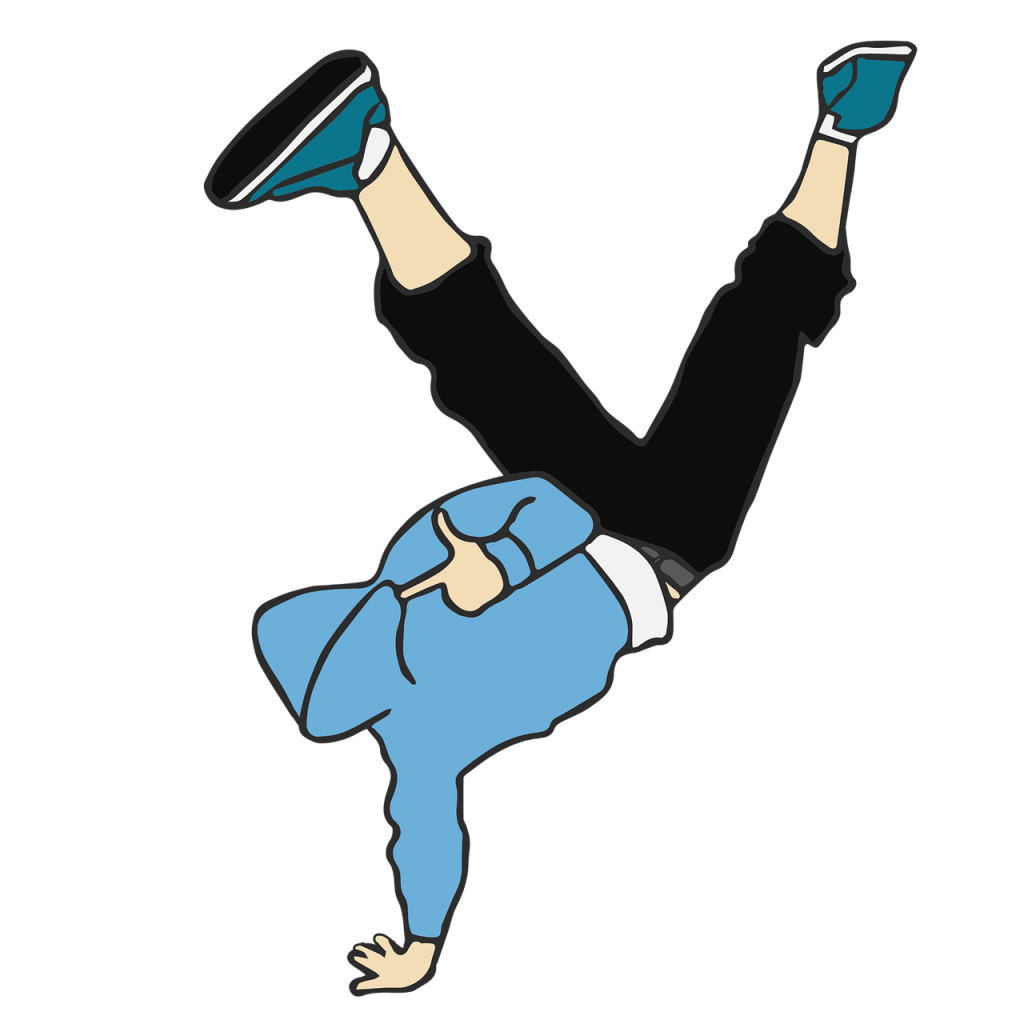
Dreams of sweet, good things or weak creatures are indicators of bad omen
This includes dreams laced with the sweetness of nostalgia such as a dream that relives a happy childhood or you find yourself back in your alama ata or the house you grew up in. Such dreams indicate that you are about to hit a trough of life and take a few steps back.
Worse, dream of building a new house and it could mean that the grim reaper is stalking you. As we say in contemporary Luhya speak, nyumba itakuangukia: the house will fall on you.
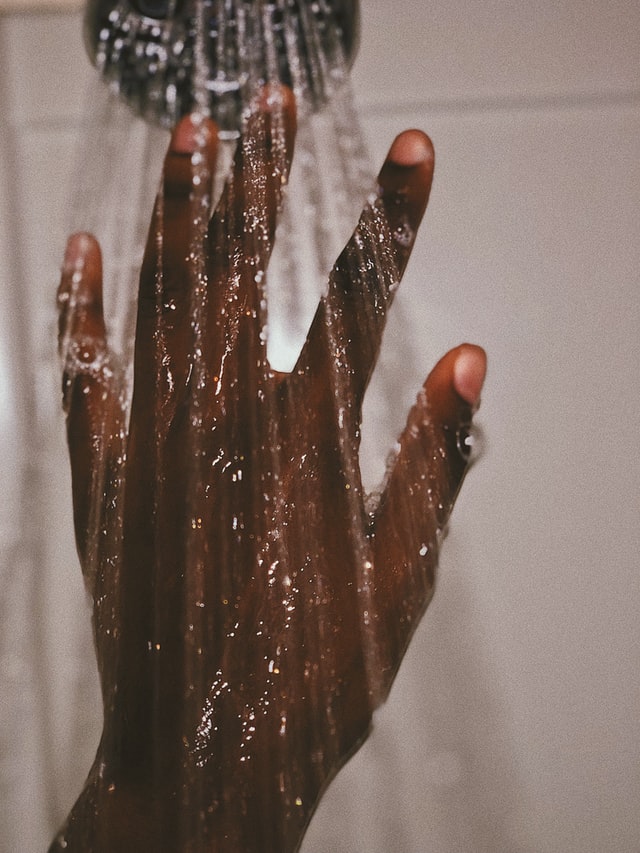
Dream of taking a bath
Taking a bath in your dream means renewal in your life. This Luhya intrepration of a dream seems straight forward doesn’t it? But as the examples that follow show, it is not always straight forward as irony does have its place.
Take for instance, the irony of dreaming of floods to mean that a drinking spree is coming your way.
Or the bizarre conclusion that when one dreams of being chased by a night runner, it means that is good luck surrounds them.
My favorite has to be this one: When person A dreams that person B is dead. It simply means person B has slept a very satisfied man or woman having overfed that night.
Sources
Village Humor
More Unrivaled Coverage On Luhya Culture and Customs

